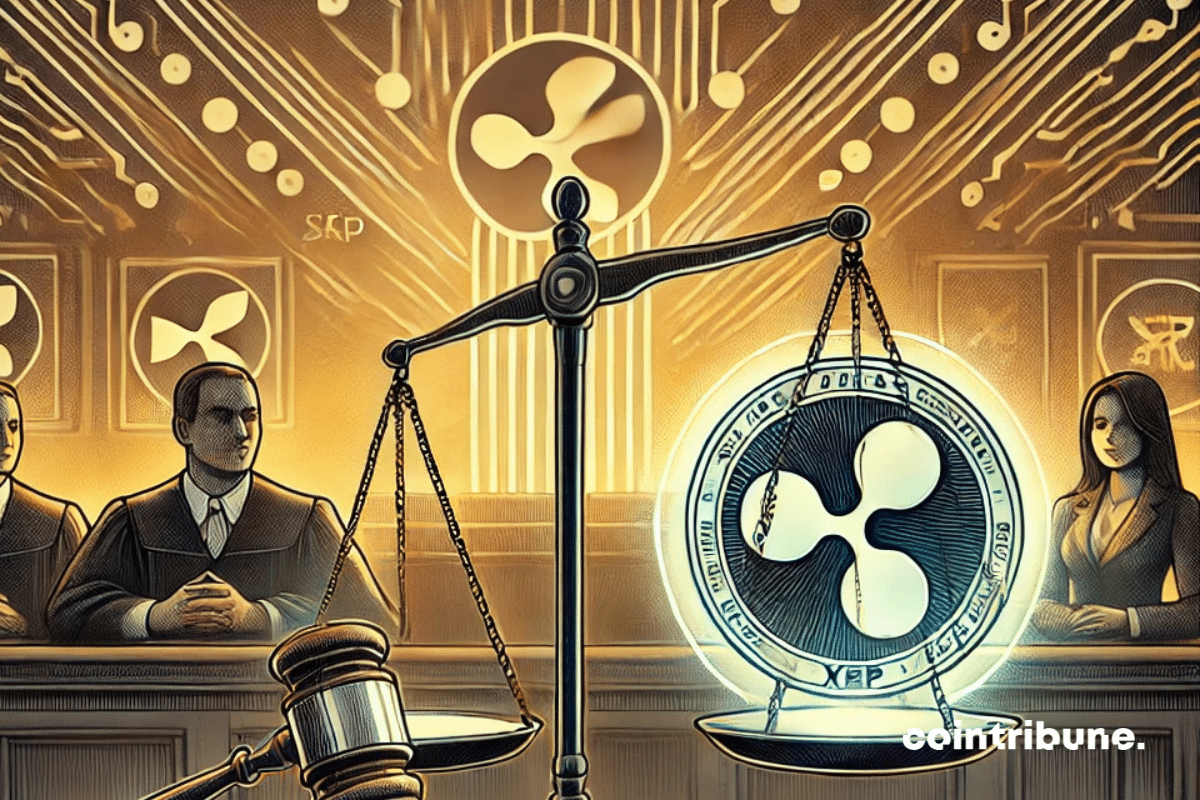A new twist in the Ripple versus SEC case has shaken the community. Amidst the legal battle, the Securities and Exchange Commission (SEC) has filed a last-minute appeal, thus reigniting a trial that could well define the future of cryptos in the United States. Since Judge Analisa Torres’ historic decision in July 2023, the question of whether XRP sales should be considered securities remains at the heart of the debates. The timing and arguments put forward by the SEC in this appeal have caught market players off guard, as well as the XRP community, which sees it as a desperate attempt at regulation through repression.
The SEC’s appeal, a last legal gasp
Reactions and potential consequences for the industry
Faced with this appeal, the XRP community and crypto advocates reacted quickly. Many say they are outraged by the timing of the appeal filing. Thus, they point out that the SEC exceeded the required 14-day time limit to submit its official request. Some XRP community members even expressed their frustrations on social media. They accuse the SEC of “stalling tactics.” Moreover, Ripple swiftly explained that the key decision on non-qualification of XRP sales to individuals as securities was not contested, which strengthens the company’s confidence in a favorable outcome.
Beyond Ripple, this case could set a legal precedent for the entire crypto industry in the United States. If the appeals court were to rule in favor of the SEC on certain points, it could pave the way for stricter regulation of institutional crypto sales. Conversely, a victory for Ripple would solidify the position of companies in the sector in their fight against excessive regulation. In any case, the coming months will be decisive in determining the future contours of U.S. crypto legislation. This case, far from being a mere isolated conflict, is becoming a major episode for the future of regulations in the crypto sphere.
The outcome of this appeal could redefine the future of Ripple, but also the entire legal framework surrounding cryptos in the United States. If the SEC succeeds in obtaining a favorable review, it could increase regulatory pressure on companies in the sector, particularly those engaged in institutional sales. Conversely, another victory for Ripple would strengthen the position of crypto actors against authorities, halting the SEC’s attempts to classify cryptos as securities. In this significant legal battle, the whole industry is closely watching the upcoming developments that could influence the future regulation of these assets well beyond American borders.
 Most Visited
Most Visited Community Sentiment
Community Sentiment Chain Ranking
Chain Ranking Bitcoin Dominance
Bitcoin Dominance Overall NFT Stats
Overall NFT Stats Upcoming Sales
Upcoming Sales New Pairs
New Pairs Trending Pairs
Trending Pairs Meme Explorer
Meme Explorer Gainers & Losers
Gainers & Losers Community Votes
Community Votes Top Traders
Top Traders Feeds
Feeds Topics
Topics Lives
Lives Articles
Articles Research
Research
